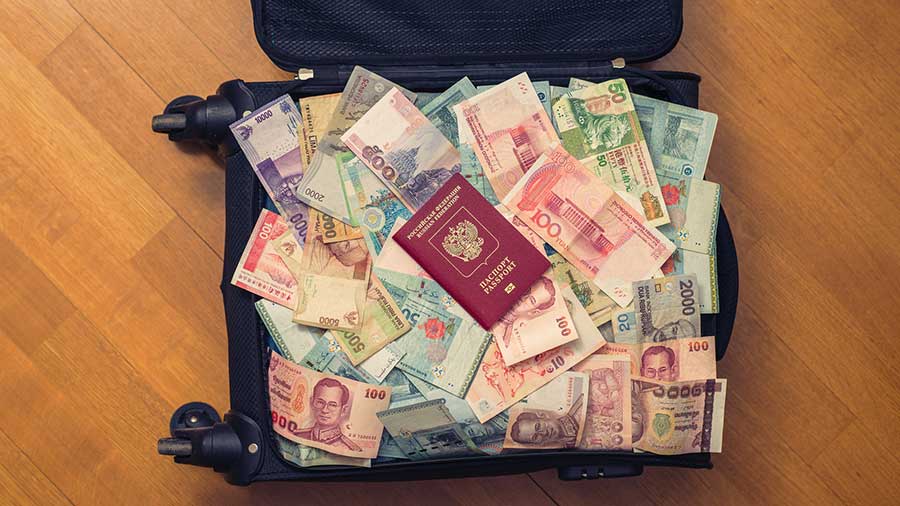Moscow needs to be aware of the differences between European offshore tax avoidance and Asian bilateral trade development
Russia has been on a mission to renegotiate its double tax treaties (DTA) over the past couple of years, especially as several of them are considered overly advantageous and against Russia’s fiscal interests. For example, the Russian DTA with Cyprus and Luxembourg have merely swapped the higher tax rates in Russia for lower ones in these countries without having the benefit of any inbound investment into Russia. They have been good for Russian Oligarchs parking money outside of Russia and for local shelf company suppliers and financial institutions; but little else. Hence the ongoing revisions.
The parameters of the revisions are well understood – an increase in the dividend withholding rate to 15%, while retaining a reduced 5% withholding tax for public companies, and an increase in the interest rate from zero to 15%. Thus far, Cyprus, Luxembourg, and Malta, all offshore financial centres familiar to many wealthy Russians, have reluctantly complied. The Netherlands, which was also negotiating terms, have not and the existing DTA has been scrapped.
There are differences however between the Netherlands and the previous countries. Holland is a major investor in Russia, having placed about US$20 billion in investments into Russia in recent years, and vice versa. The new terms of a Russia-Dutch DTA do not appear to make sense in this instance, as it triples the dividend withholding tax rate for such businesses in Russia, at least from the Dutch perspective, especially considering that the Netherlands would normally not tax dividends paid to Russian corporate shareholders. The Dutch have therefore refused to accept such terms, and negotiations are continuing. Clearly, the Russian Ministry of Tax needs to apply different standards to different DTA rather than adopting the previous ‘One size fits all’ criteria.
Next up however for examination by the Russian authorities are the DTA signed off with HongKong and Singapore. While Hong Kong, somewhat like Cyprus and Malta is a quasi-offshore financial centre, it is also rather more, a gateway to China. That becomes even more relevant when one considers that mainland China is currently negotiating tariff reductions on the Free Trade Agreement it signed, but is not yet effective, with Russia and the Eurasian Economic Union in September 2018. Interfering with the Russia-Hong Kong DTA would be unwise if the treatment given to the Netherlands is being considered. The Hong Kong connection is more business and investment advantageous than mere offshore tax reducing, and this needs to be factored into the negotiations by Moscow.
It is a similar situation for Singapore, another quasi-offshore financial services centre, but one which offers Russian investors free trade market access to ASEAN, in addition to China and India. Singapore also signed off a Free Trade Agreement with Russia and the Eurasian Economic Union last year. The result? 500 Russian businesses are now invested in Singapore and using it as a regional hub to expand their Asian operations. Eventually those regionally generated profits will come back to Russia. Moscow needs to be patient. Meanwhile, Enterprise Singapore, the investment development arm of the Singaporean Government, has been very active in encouraging local companies to invest overseas – Singapore is only small. Much of that effort has been to push Singaporean investments to Russia.


Comment here